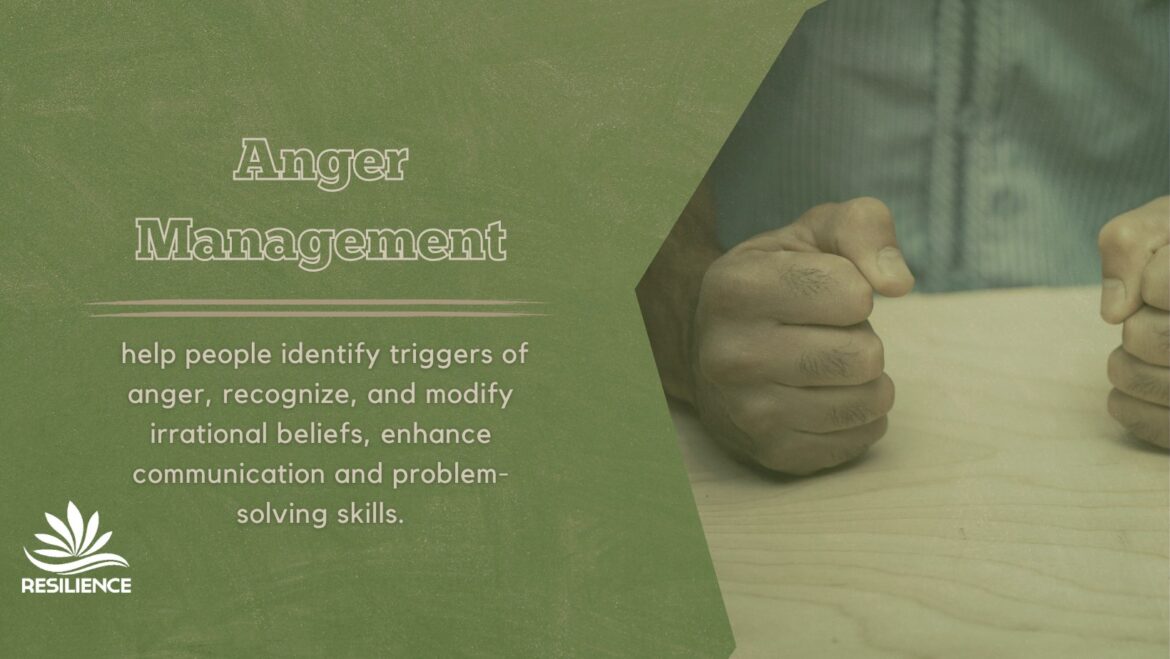
There are various causes that stimulate anger or upset in an individual. Pertaining to this action, appropriate steps in regulating anger should be put into account. Conducting anger management is necessary to avoid undesirable results. However, anger management is a type of counselling that can help people better grasp and cope with their anger. It is devised to help people identify triggers of anger, recognize, and modify irrational beliefs, enhance communication and problem-solving skills, develop effective coping mechanisms and strategies, and learn how to relax. If an individual shows the difficulty in managing anger, they may have trouble in their relationships or at work, as well as a sense of guilt and shame after exhibiting outbursts.
Anger management help people identify triggers of anger, recognize, and modify irrational beliefs, enhance communication and problem-solving skills.
Therefore, institutionalizing anger management, as a well-designed program, is deemed important because it needs someone to attend to control their anger in a healthy and adaptive manner without damaging other’s personality and reputations.
Listed below are the signs that someone may have anger issues which include:
- impulsive behaviors,
- difficulty expressing emotions in a healthy way,
- avoiding conversations or activities that could lead to conflict,
- a frequent outburst of anger,
- irritability and an unwillingness to communicate or compromise,
- getting into physical fights,
- breaking or throwing things,
- shouting, cursing, and using intimidating body language,
- withdraw from activities you used to enjoy,
- have difficulty sleeping and frequently lose their temper, and
- feeling a sense of deep resentment or blaming others for their own mistakes.
In crafting anger management programs. It is essential to include methods that help people recognize and address their own anger, as well as develop self-awareness and conflict resolution skills. The designed program must usually include learning recreational techniques such as deep breathing, muscle relaxation, and mindfulness, improving verbal and non-verbal communication, dealing with core beliefs about anger, and helping people learn how to control their anger. In addition, conducting training on anger management should include techniques for regulating emotional expressions and responses. The use of these techniques can surely help people identify early signs of anger, distinguish between healthy and unhealthy forms of anger, take responsibility for their own feelings and behaviors, practice assertiveness rather than aggression, and find constructive ways to express their anger.
It is inspiring to note that the results of anger management programs point out that they can be effective in facilitating individuals to lessen conflict among family and friends, improve better communication, and solve problems using the learned skills. As individuals, there is a need to be fully aware of their own anger and increase self-control over triggering situations and incidents. Through anger management, clients also revealed that there are significant improvements in their overall emotional regulation ability.
